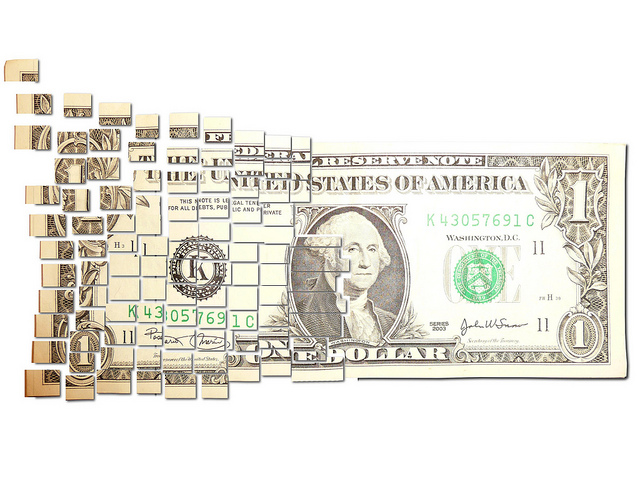You want to run your own small business, but the finance side of it is not your forte. You simply want to create the magic that makes your business work and earn a living doing it. No problem; most entrepreneurs want to concentrate on their passion. Writers want to write. Chefs want to cook. However, you must keep an eye on the cash flow needed for your business to prosper. Expense and revenue tracking are essential, particularly if you have employees. Whether you outsource your accounting tasks to someone else or not, review these five things that business owners should do.
Record Transactions
Document how much money you are receiving and sending out. It is probably best to record this in a spreadsheet or with accounting software. Enter all transactions for payments that you receive from customers. Also record money that you pay to vendors, employees, and anyone else. This documentation will guide you in making the best financial decisions for your small business.
Create and Send Out Invoices
To be sure that you receive timely payments for services rendered, create invoices for your suppliers that include a due date or payment terms. You could specify that the invoice payment is due within 30 days or due upon receipt. This depends on the terms that you discussed. Specifying a due date sets the expectation with the supplier. It also helps you forecast your monthly revenue. Be sure to include detailed charges, methods of payment that you accept, and your mailing address.
Project Cash Flow
How much cash do you have on hand? How much cash do you need to pay your vendors and employees? Your cash flow is vital to your business. Determining how much you have readily available will help you make timely payments and manage future spending. You can make informed decisions that are best for your business. Your current cash status plus expected cash income minus expected cash payments equals new cash status.
Balance Your Books
The same way that you balance your personal checking account, you should balance your business books. This keeps everything honest. It helps you know what is really happening financially even if you have hired someone to do your accounting. Reconcile your cash to find any possible omissions, over spending, or duplications. Mistakes can sometimes be made by you or your bank. Were you charged a service fee or non-sufficient funds fee in error? Catch occurrences like this in time by monitoring your bank statements.
Write Checks
Now that you have a snapshot of income, payments, and cash flow, you can pay your vendors and employees. Keep detailed documentation of money that you deposit to cover these funds. Have a system of protocol in place if a check is lost or damaged. How will you replace a check that your employee dropped in the rain? Or a check that was not deposited by a vendor within 90 days?
Even if you are bad with money, just remember to plan, record, and review your financial transactions. A balance sheet, income statement, and cash flow statement are the three things that will keep you on track.











Comments are closed.